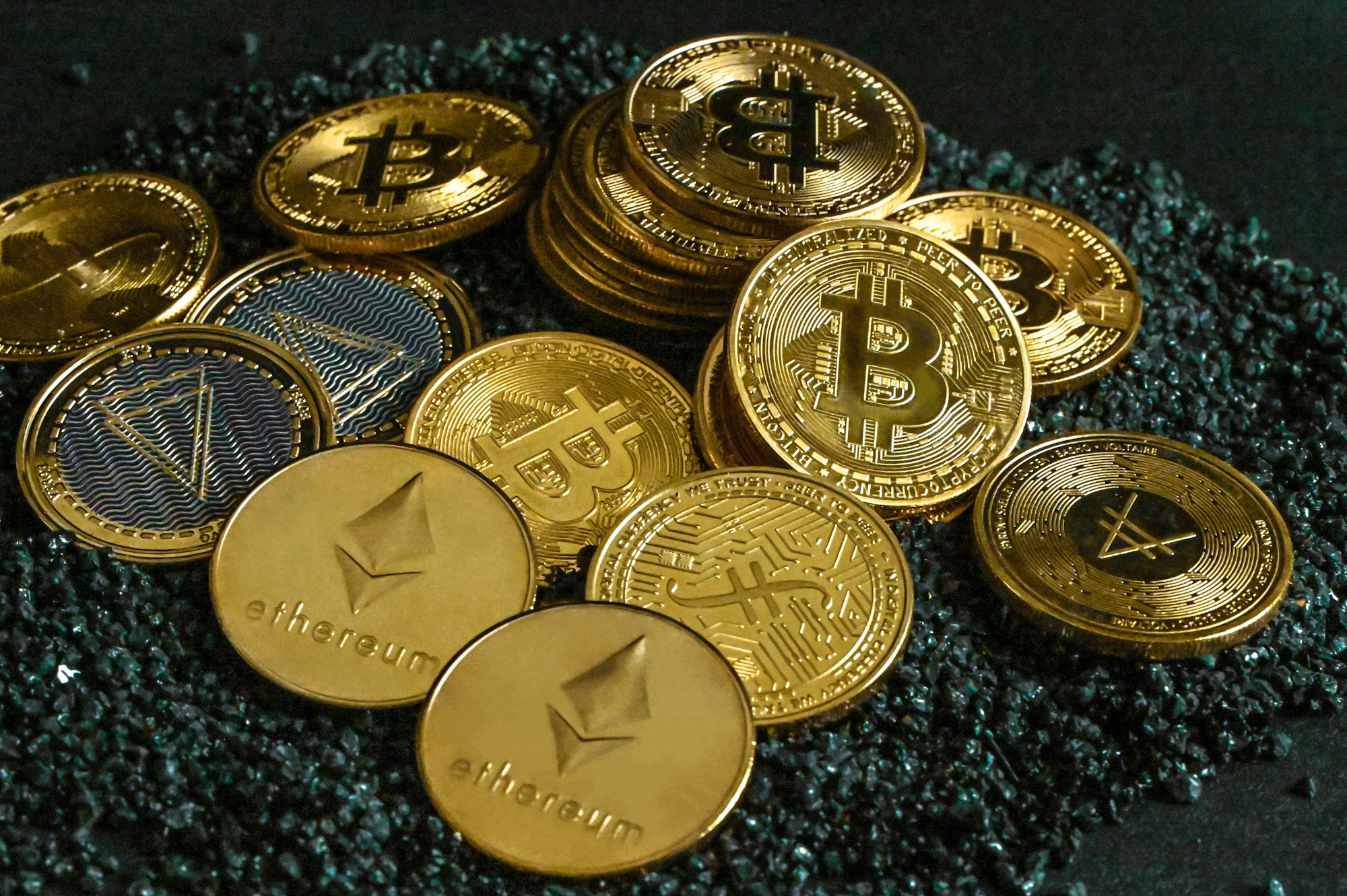
Learning the complexity of cryptocurrency is both exciting and a huge challenge, particularly when it comes to safeguarding your investments. For newcomers, understanding how to effectively protect your digital assets is crucial, as the digital nature of cryptocurrencies makes them vulnerable to a wide range of unique threats.
We’ll help you break down the top security practices to help you secure your crypto investments from unwanted attacks.
Opt for Hardware Wallets
Hardware wallets are physical devices that store your crypto offline, away from online vulnerabilities. Unlike software wallets, they are not susceptible to common malware and hacking attempts when properly handled. Brands like Ledger and Trezor are recommended due to their proven track records. These devices typically require a PIN for access and will generate a recovery phrase that should be written down and stored securely—never on a computer or online.
Use Strong, Unique Passwords and Enable Two-Factor Authentication (2FA)
Like any online account, always set a strong, unique password for your crypto wallet, mixing uppercase, lowercase, numbers, and symbols. Avoid reusing passwords across different sites. A password manager can assist in creating and securely storing these complex passwords. Further, boost your security by enabling two-factor authentication (2FA). Using authenticator apps like Google.
Authenticator or Authy, which are more secure than SMS-based 2FA, gives you an additional boost in terms of security that doesn’t rely on potentially vulnerable mobile networks.

Be Cautious of Phishing Attacks
Phishing is a major threat where attackers try to trick you into giving them access to your wallet by impersonating a trustworthy entity. Always verify website URLs before entering login information, and be sceptical of emails or messages requesting your credentials or directing you to external sites.
Examples of Phishing Attacks:
1- Fake Websites:
Scammers might create a site that closely resembles a legitimate cryptocurrency exchange, such as a phoney "Binance" site like "Binnance.com" or "Binance.secure.com," designed to steal your login credentials.
2- Spoofed Emails:
You may receive an email that appears to come from a service like Coinbase, claiming unauthorized activity and urging you to click a link leading to a phishing site to "secure" your account.
3- Social Media Scams:
Scammers use social media to mimic official crypto accounts, often promoting fake giveaways that ask you to "verify your wallet" by signing in through a phishing link.
4- Malware-Embedded Documents:
Emails might include attachments claiming to be important documents related to your cryptocurrency, which contain malware to steal information when opened.

Consider Multi-Signature Wallets
Multi-signature (multi-sig) wallets enhance security by requiring multiple keys to authorize any transaction, significantly reducing the risk of unauthorized access. This method is precious for those managing large sums, as it distributes the security risk and eliminates a single point of failure.
Multi-sig configurations can include arrangements with trusted partners or using several devices under your control, ensuring a collaborative and secure approach to asset management.
Backup Your Wallet
Securing your cryptocurrency investments involves heavy backup of all necessary information, including your private keys, recovery phrases, and public addresses. For secure protection, just create multiple physical copies of this information and store them in secure locations away from your primary residence—think safe deposit boxes, fireproof safes, and trusted family members' homes.
Avoid storing any sensitive wallet information digitally or online, as these are susceptible to hacking. Regularly update and test your backups to confirm their integrity and your ability to restore the wallet, ensuring long-term security for your digital assets.
Use of VPNs and Privacy Tools
When accessing your cryptocurrency wallet or conducting transactions, consistently utilize a Virtual Private Network (VPN). A VPN encrypts your internet connection and obscures your IP address, it boosts your online privacy and shields your activities from potential eavesdroppers and cyber threats. This is crucial when accessing your crypto wallet or making transactions, as it prevents hackers from pinpointing your device or capturing sensitive information.

Diversify Your Storage
Don’t put all your crypto in one wallet. Distribute your holdings across several wallets—using both hot wallets for daily transactions and cold wallets for long-term storage. This strategy limits your exposure if one of your wallets is compromised.
Here are ways to enhance it:
1- Hot Wallets for Daily Use:
Keep small amounts in hot wallets (online, software-based) for everyday transactions. These are convenient but more vulnerable to attacks.
2- Cold Wallets for Security:
Store larger amounts in cold wallets (offline, such as hardware or paper wallets), which offer higher security by being less exposed to hacks.
3- Physical Security:
Ensure that hardware or paper wallets are kept in secure locations like safes or safety deposit boxes.
4- Variety in Wallet Types:
Utilize different types of wallets (hardware, desktop, mobile) to leverage both security and accessibility, depending on your needs.
In Short
Protecting your digital assets doesn’t have to be overwhelming. `By adopting these security practices, you can protect your investments while enjoying digital currencies' benefits. As you grow more comfortable in the crypto space, continually revising and enhancing your security strategies will become second nature. Remember, in crypto, being proactive about security is always better than reacting to a theft or loss.
Learn More about Cryptocurrency and Advanced Blockchain Technology
Visit TradePort.xyz's Blog to learn more about the latest about crypto. You'll find easy-to-understand guides and tips on the blockchain. Also, you can use the TradePort API to make your blockchain projects stronger and more secure. Check the website and find out and take your first step towards a better understanding crypto with TradePort.xyz.




